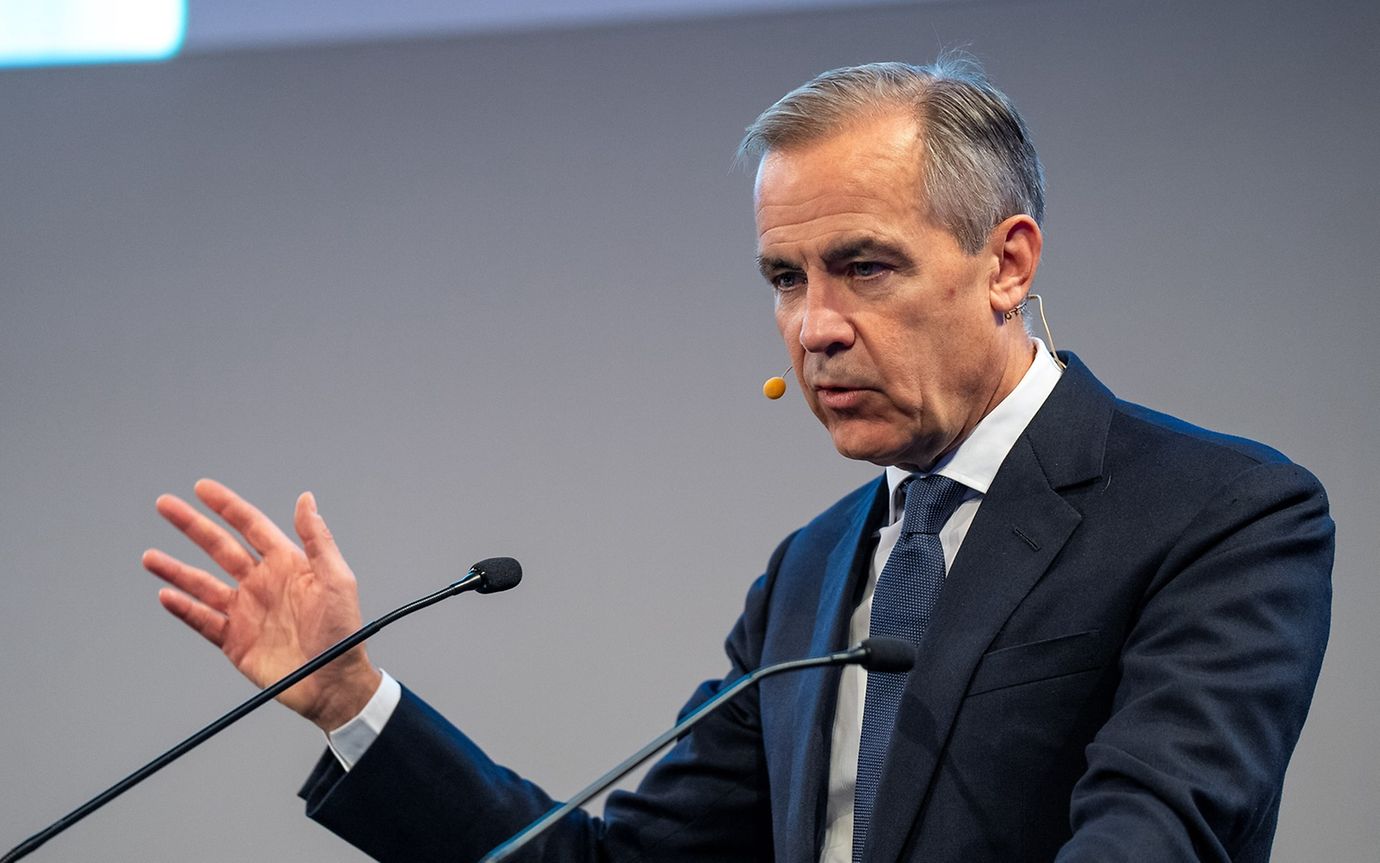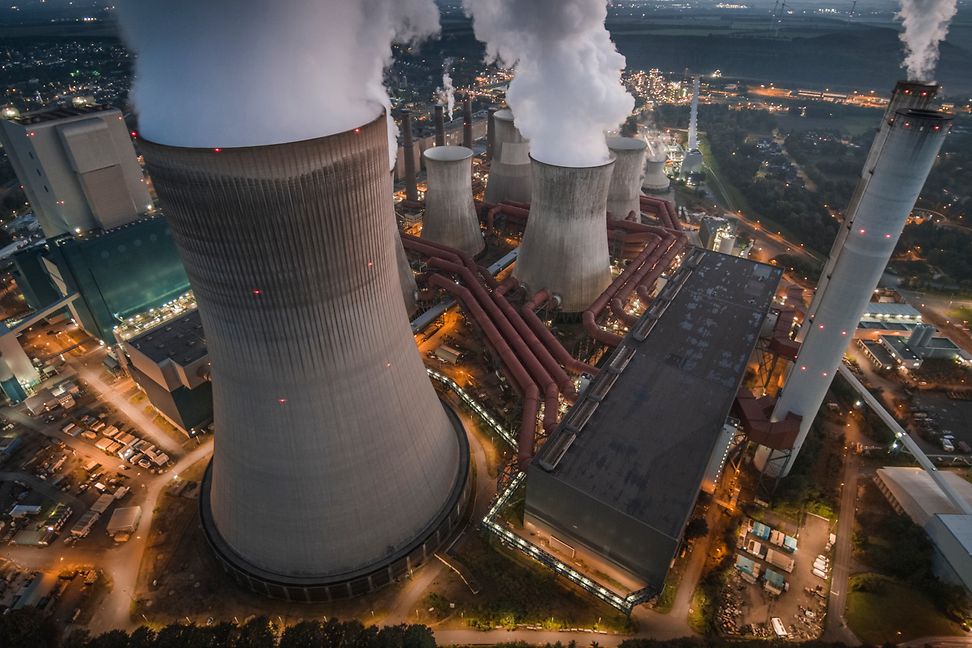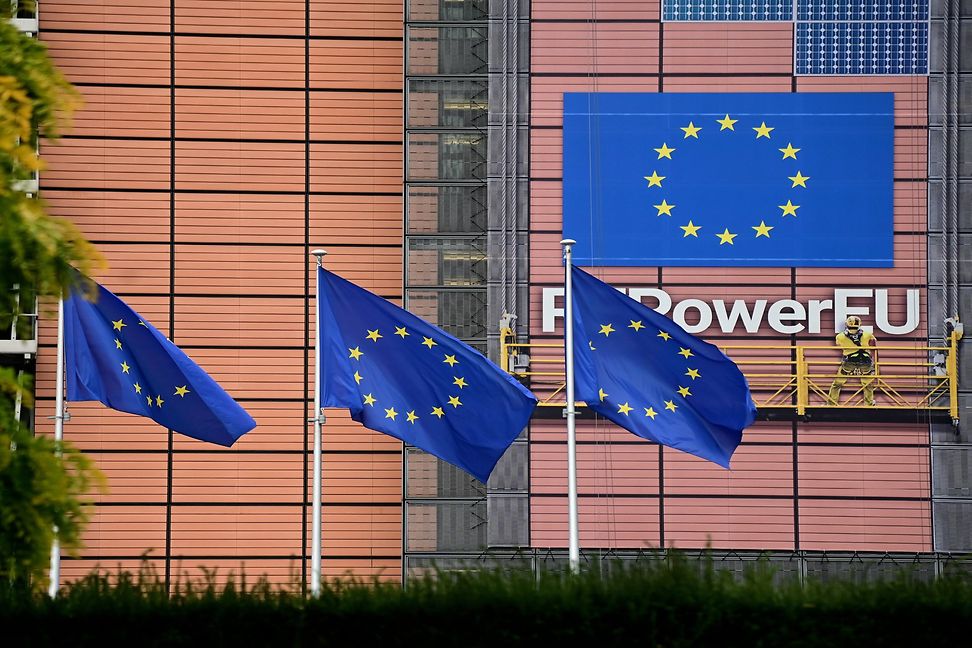在此处更改您的语言和 LGT 位置。
私人客户的数字平台
登入 LGT 智能银行
金融中介机构的数字平台
登入 LGT 智能银行 Pro
常见问题解答 (FAQ)
LGT 智能银行帮助
常见问题解答 (FAQ)
LGT 智能银行专业版帮助
Air is free , but clean air costs - a lot. We sat down with former central banker Mark Carney to get his take on financing the net-zero transition, and the vast benefits ahead if we can get it right.

What role does the financial industry play in the fight against climate change?
Mark Carney: Finance is a catalyst for climate action. It is an enabler that needs to work alongside credible government climate policy and the energy and innovation of businesses and entrepreneurs. Getting to net zero will require finance to flow to every sector of the economy in support of transition. This requires companies and financial institutions to assess the climate-related opportunities and risks ahead of them, and develop transition plans to navigate these.
Get this right and we can support the development of a financial system that fosters and thrives in the transition to net zero: supporting growth and creating jobs while getting emissions down.
How can private investors get involved?

Launched in 2021, GFANZ [the Glasgow Financial Alliance for Net Zero, a coalition of financial institutions to fight global warming] brought the financial industry together with now over 675 financial institutions committed to net zero. The financial institutions that are a part of GFANZ have raised the ambition of the financial industry and set ambitious interim targets.
Every business and financial institution needs a strategy for how it will meet its targets and transition to net zero. GFANZ has developed guidance to help financial institutions and businesses develop robust plans to meet their net-zero commitments and measure progress in a consistent way. These will help financial institutions align their climate and broader corporate strategies, and make the operational changes needed to deliver.
How do you assess the measures and initiatives the financial industry has already taken? Are we on the right track?
The recent UN Global Stocktake illustrated that emissions continue to rise, making action more important than ever. However, there are important signs of progress. Since GFANZ was launched in 2021, investment in clean energy has grown by a third, with the International Energy Agency (IEA) estimating it reached USD 1.8 trillion in 2023. We expect the pace of change to accelerate as the hundreds of billions in incentives provided by the US Inflation Reduction Act and the EU Net Zero Industry and Repower EU schemes are deployed.

Financial institutions are turning their long-term net-zero ambitions into action by setting shorter-term and sectoral targets backed by transition plans that will guide their delivery. GFANZ expects to see over 250 net-zero transition plans published by financial institutions in the next year. These will provide more information on how financial institutions are implementing their strategies, and greater transparency on performance.
GFANZ is also supporting the Climate Data Steering Committee as it builds the Net-Zero Data Public Utility, which makes it easier to track the progress of the financial sector and the businesses it funds through a free-to-use repository of key emissions data.
Where do further efforts need to be made?
While we are seeing significant progress in areas like power and road transport, it is clear that other emission-intensive industries - like steel, aviation, and cement - will need more support. We're working on transition finance frameworks that can support investment in businesses that need to align with net zero, and incentivise the early retirement of high-emitting assets that are unable to transition - like coal power stations - as well as climate solutions.
Finance is an enabler, but it needs governments to match public policy with ambition.
Far more capital needs to flow to emerging economies to help them cut emissions and develop sustainably. Unlocking private finance requires addressing the investment risks and creating a supportive environment for project development, building the in-market technical capacity, and developing novel ways that public finance can be used to unlock multiples of private financing.
Underpinning all of this is the need to accelerate collaboration between the private and public sectors to lift the barriers to investment in our net-zero future. Finance is an enabler, but needs governments to put in place the public policies that match the ambition of their commitments.
In your opinion, what is the most exciting climate-related development in private finance at the moment?
The momentum behind transition planning is growing: the US Treasury has released its voluntary Principles for Net-Zero Financing & Investment, which signifies the importance of financial institutions developing a net-zero transition plan and using transition financing strategies to realize their commitments.

We are also seeing exciting progress in the regulatory agenda as the EU has also just voted to require companies to adopt and implement transition plans, and there are ongoing discussions in Singapore and the UK about making transition planning mandatory. The ISSB's [the International Sustainability Standards Board] recent publication of final climate-related disclosure standards, which are based on the TCFD [the Task Force on Climate-Related Financial Disclosures] recommendations, is a major milestone in this regard.
Climate change disproportionately affects vulnerable communities in developing countries. How can the UN ensure that climate finance and action initiatives are inclusive of the needs and perspectives of marginalised regions?
We know that we need much more capital flowing to emerging markets and developing economies so that these countries and communities can realize the opportunities of the net-zero transition.

To successfully do this, it is critical that we capitalize on local expertise and capabilities, and bring all the necessary stakeholders to the table. The Just Energy Transition Partnerships are an example of this ambition: bringing together national and international governments, public and private finance, and local community inputs to tackle the complex politics of changing the energy system. The hope is that they will help us develop solutions that will rapidly transition energy systems while maintaining affordability and supporting growth and local communities.
How do small companies figure in this?
Small companies are critical - every business needs to play its part to get to net zero. In many jurisdictions, large companies will be required to develop transition plans, which will require them to disclose and manage the emissions of their business, also across their supply chain. This creates an incentive to work with lower emitters and invest in decarbonisation in smaller companies across those supply chains. It is quite powerful. That's how emissions reductions can be pulled through economies and across the world.
How do you see climate finance evolving in the next decade?
I hope to see transition planning become mainstream, and climate finance scaling to mobilize the level of finance needed to transition our economy and deploy the new financing mechanisms that ensure that money flows to emerging markets and developing economies. But this needs to be done in the next five to six years, not the next decade.
One of the most basic roles we have as individuals in the fight against climate change is to ask questions.
The transition to net zero is really the economic opportunity of our lifetime to create a new, clean economy. So ultimately, in the next decade, hopefully climate finance will just become finance.
What is your advice to others who want to become involved in climate action?
We all have a role in this transition. One of the most basic roles we have as individuals is asking questions. The bank that has our money, what's their position on climate change? How well are they managing relative to net zero? If they give an answer you don't like, you can move your money to an institution that is part of the solution.

Which aspects of climate change need to be addressed more strongly in the public sphere?
We need public policy to align with government targets. Current policies are aligned with 2.4 degrees of warming, and commitments - if actioned - are aligned with 1.7 degrees of warming. There have been landmark shifts in supportive fiscal and industrial policy, through the US Inflation Reduction Act and RePower EU, but we know that this is not enough.
Policymakers, regulators, and standard setters also have a role to play in developing greater disclosure requirements and boosting transparency. The TCFD is a great example of how this can work: the financial sector came together to create a voluntary framework for disclosing climate- related financial risk, which has since been legislated in several jurisdictions and is now a foundational element of the ISSB, which could cover as many as 130,000 companies by the end of 2024..
Will we reach the 1.5 degree target of the Paris Agreement?
The UN Global Stocktake made clear that there is a narrow window in which we can meet the 1.5 degrees Celsius goal. Ultimately, every fraction of a degree matters. The lower the warming, the lower the costs of the physical impacts, and the greater the benefits of the transition. The prize for achieving the Paris Agreement is huge: more jobs, stronger growth, and more resilient economies.
About Mark Carney

Mark Carney is the Co-Chair of GFANZ, Chair of Brookfield Asset Management, and a United Nations Special Envoy for Climate Action and Finance. He was Governor of the Bank of England from 2013 to 2020 and Governor of the Bank of Canada from 2008 to 2013.
In his role as a central banker, Mark Carney chaired the Financial Stability Board from 2011 to 2018. Prior to his governorships, Mark Carney worked at Goldman Sachs and at the Canadian Department of Finance. Mark Carney holds doctorate and master's degrees from Oxford University and a bachelor's degree in economics from Harvard University.
Mark Carney was a speaker at the first LGT Climate Conference in October 2023. The conference brought together leading experts to address key issues, exchange ideas and identify potential solutions that reflect the urgency of fighting climate change. It also identified avenues for investors to make a meaningful contribution to creating a more sustainable future, including the associated risks and opportunities. The next LGT Climate Conference will take place in October 2024 in Singapore.
Thinking, managing and investing sustainably are integral parts of our DNA. Our owner, the Princely Family of Liechtenstein, recognized early on how important sustainability is for our environment, society and future. As a family-run and sustainable private bank, we are committed to the Paris Climate Agreement, the United Nations Sustainable Development Goals and a sustainable financial sector.